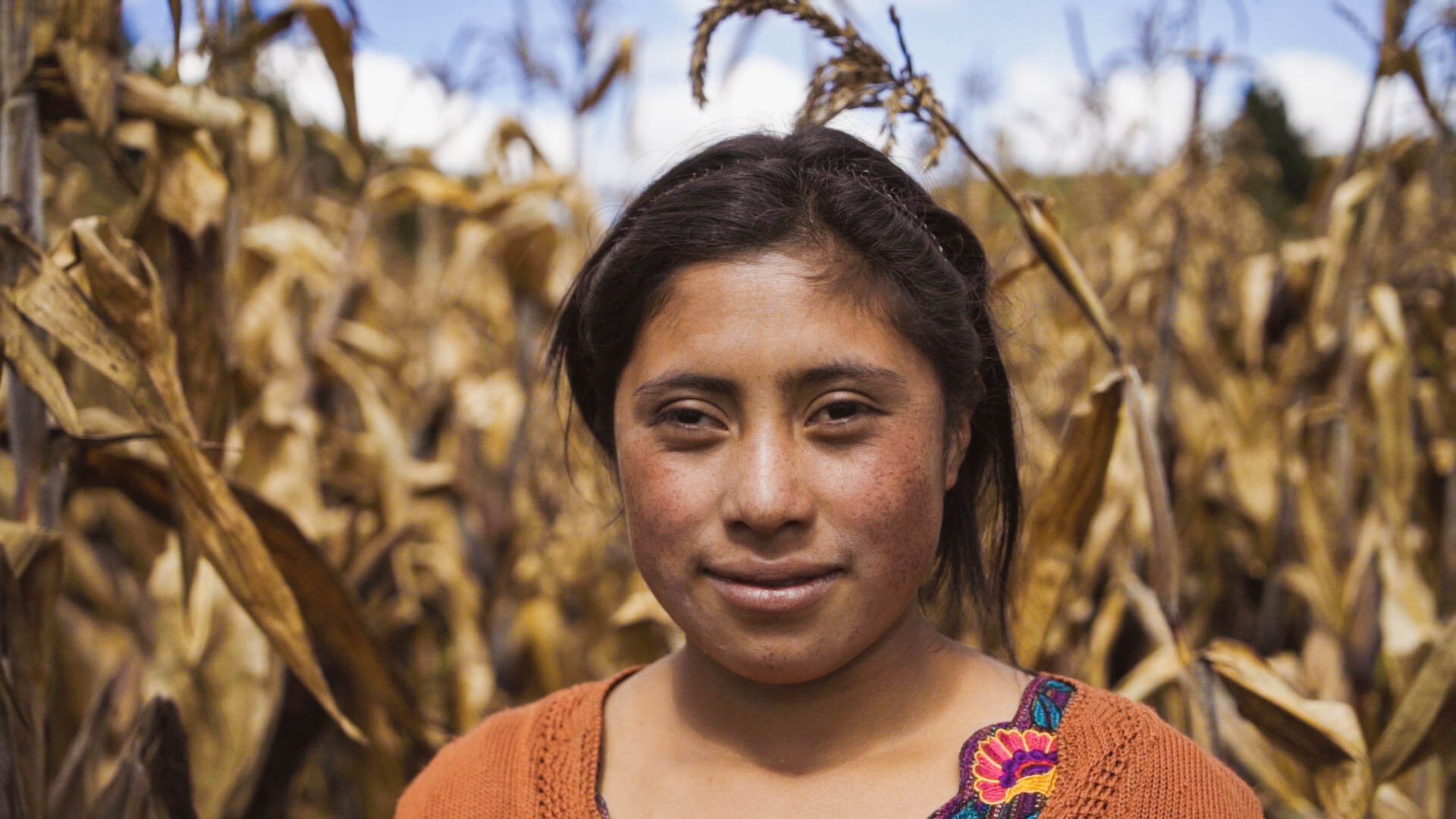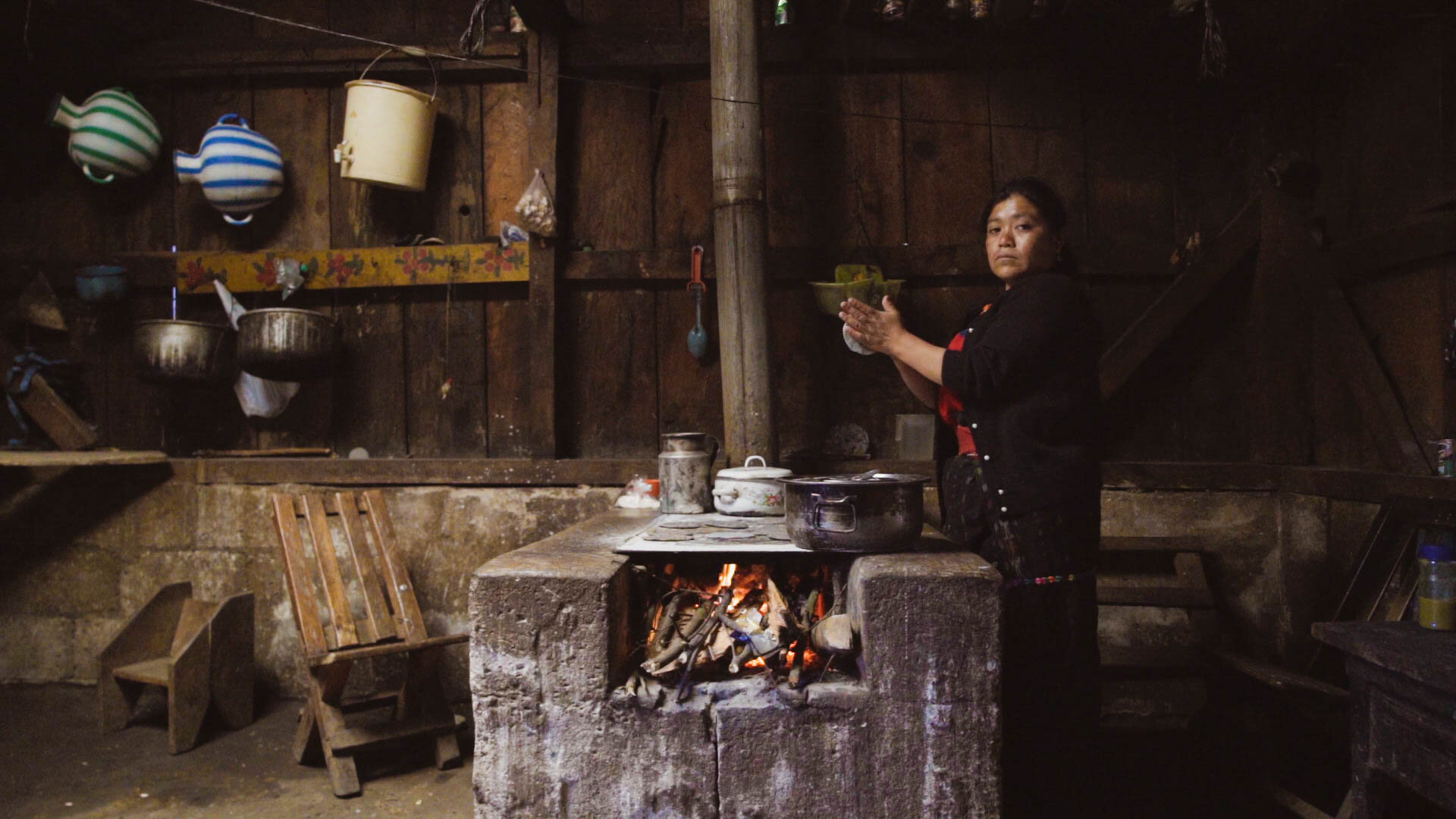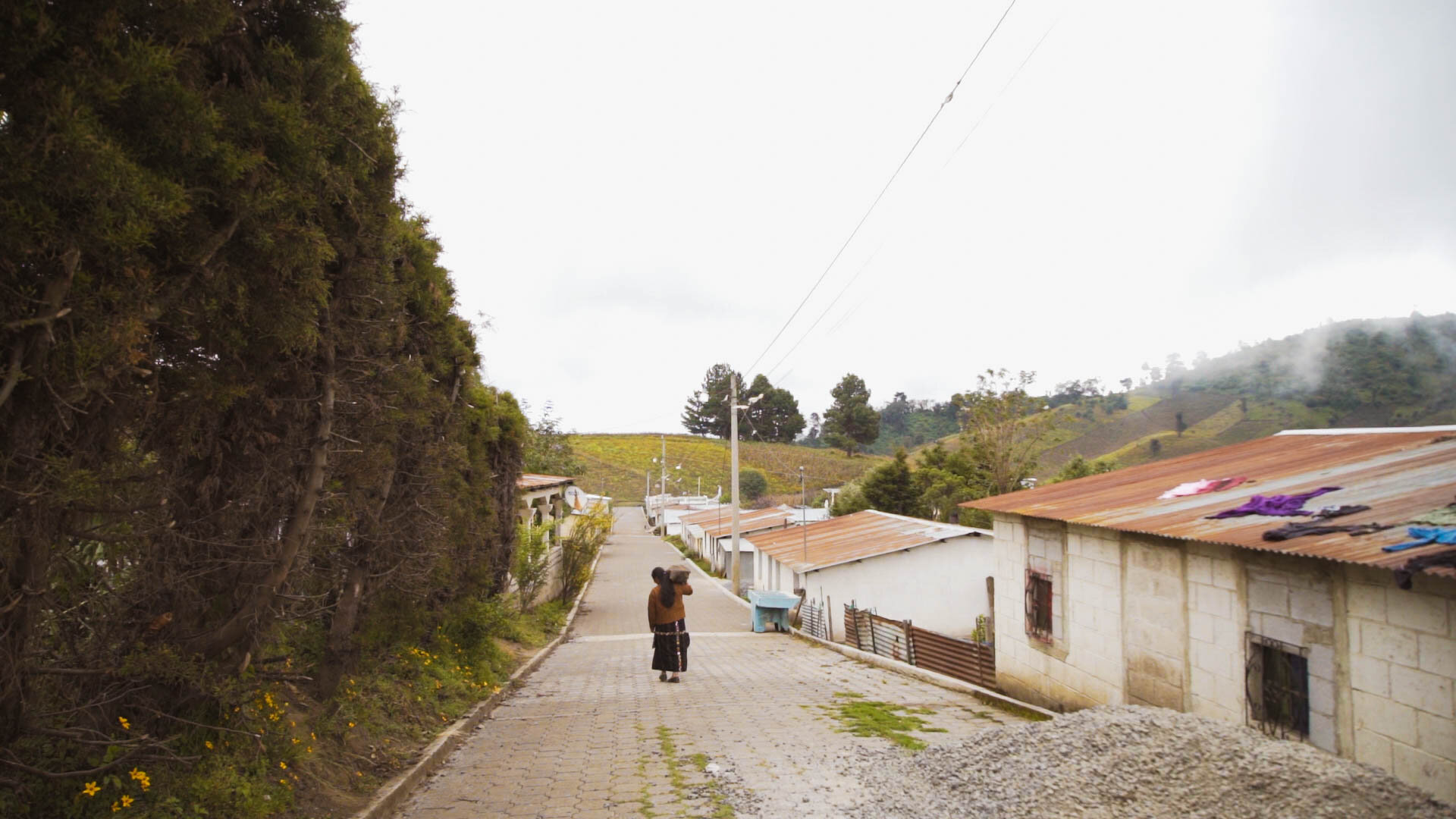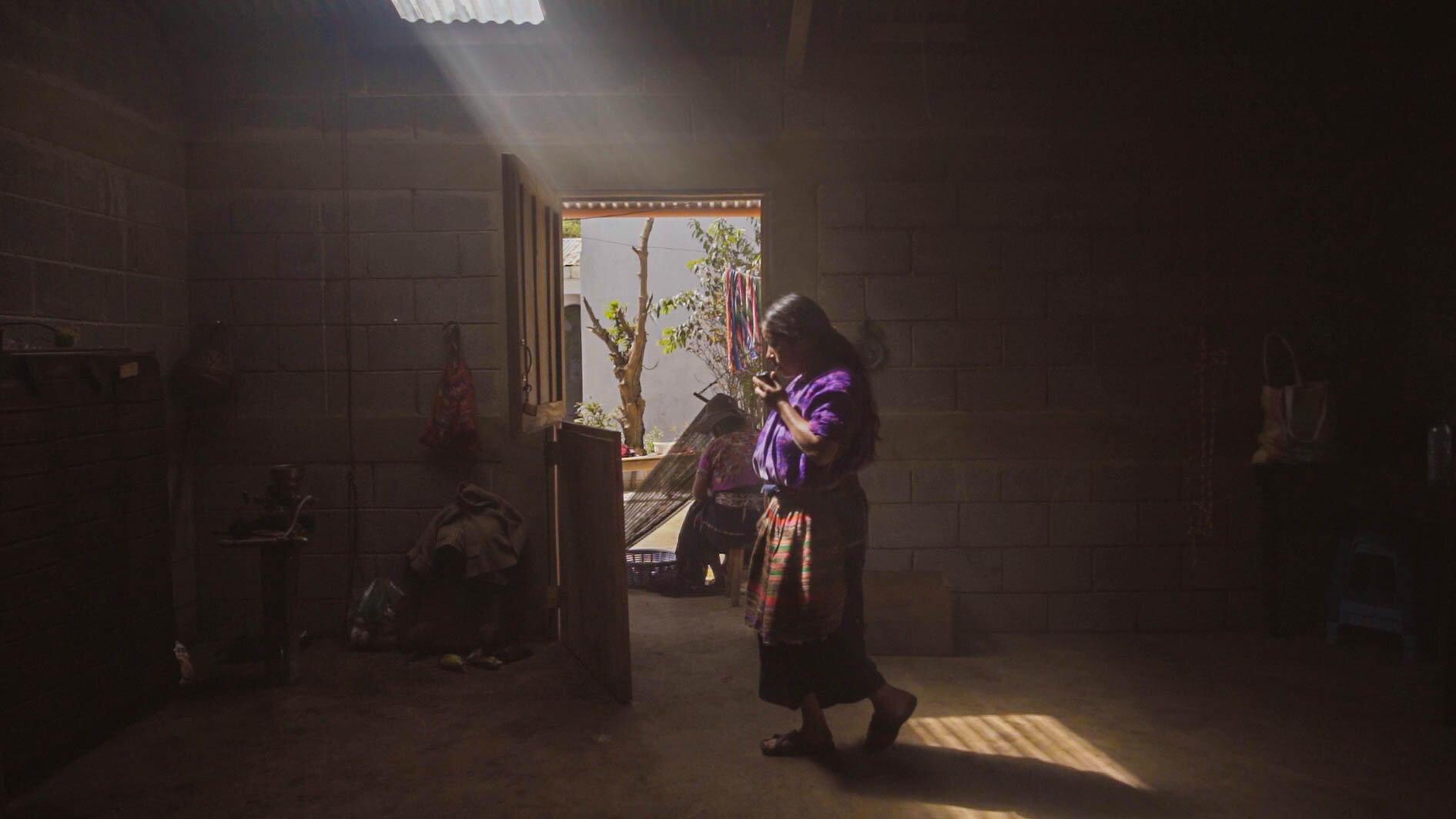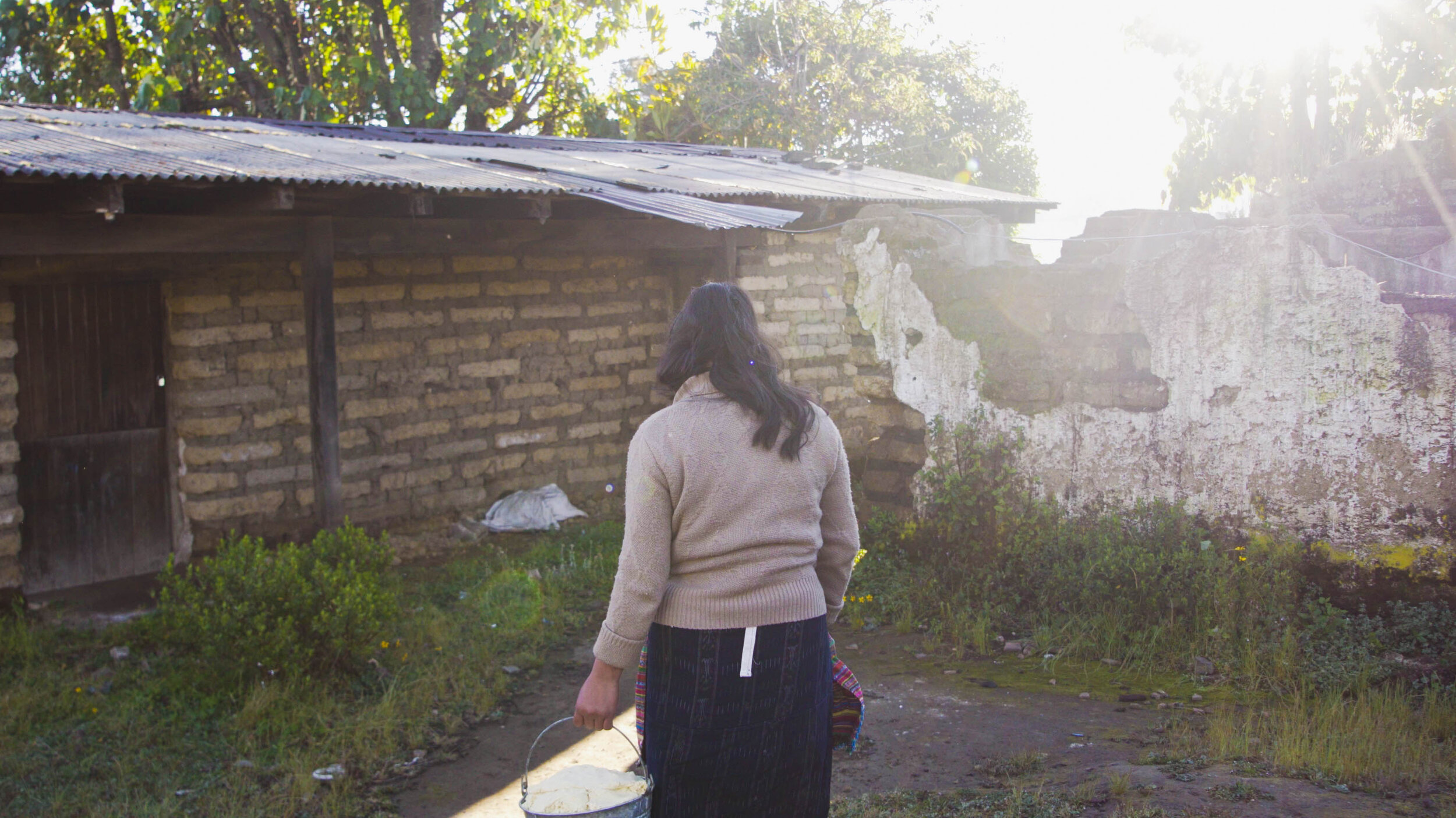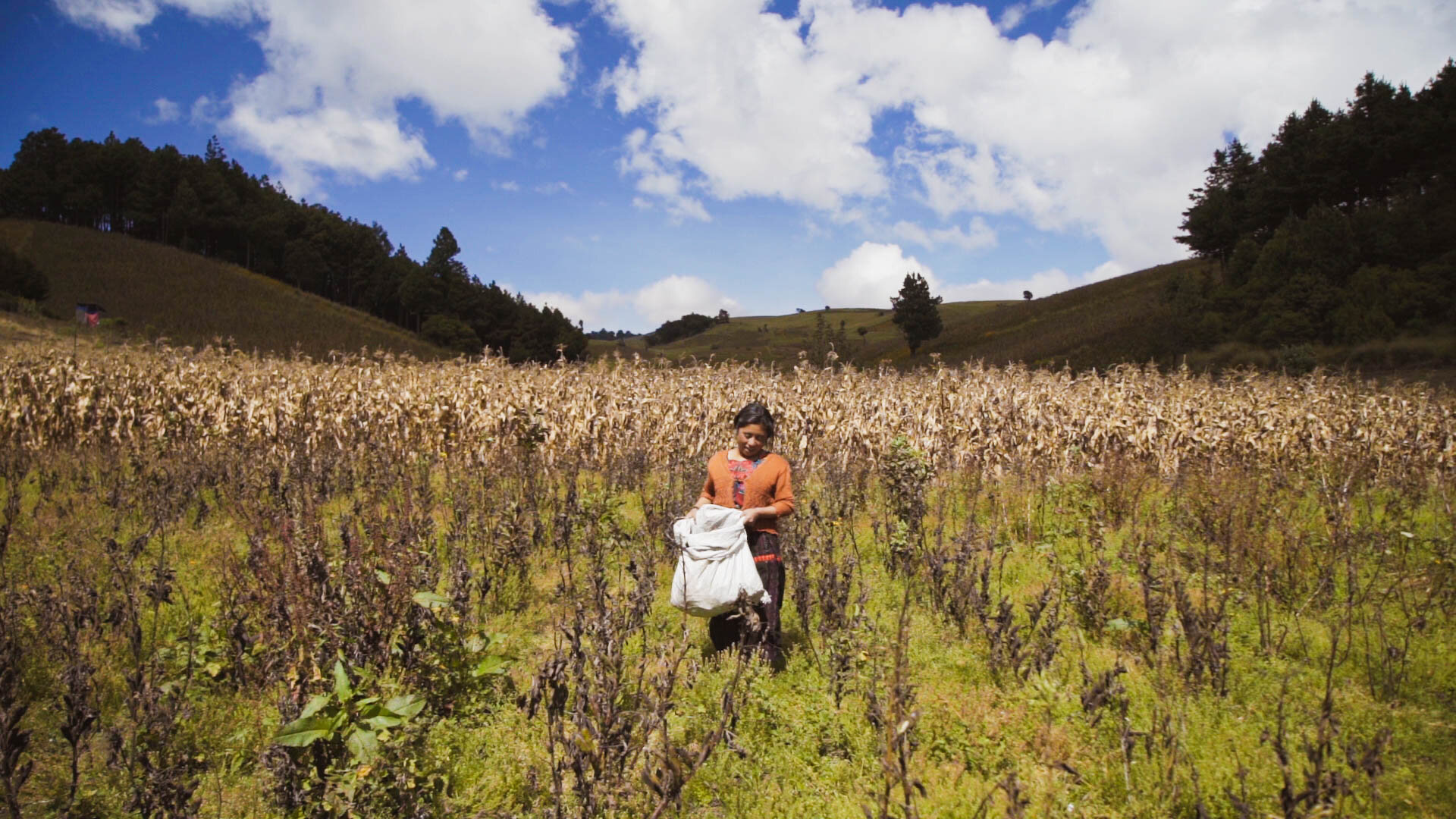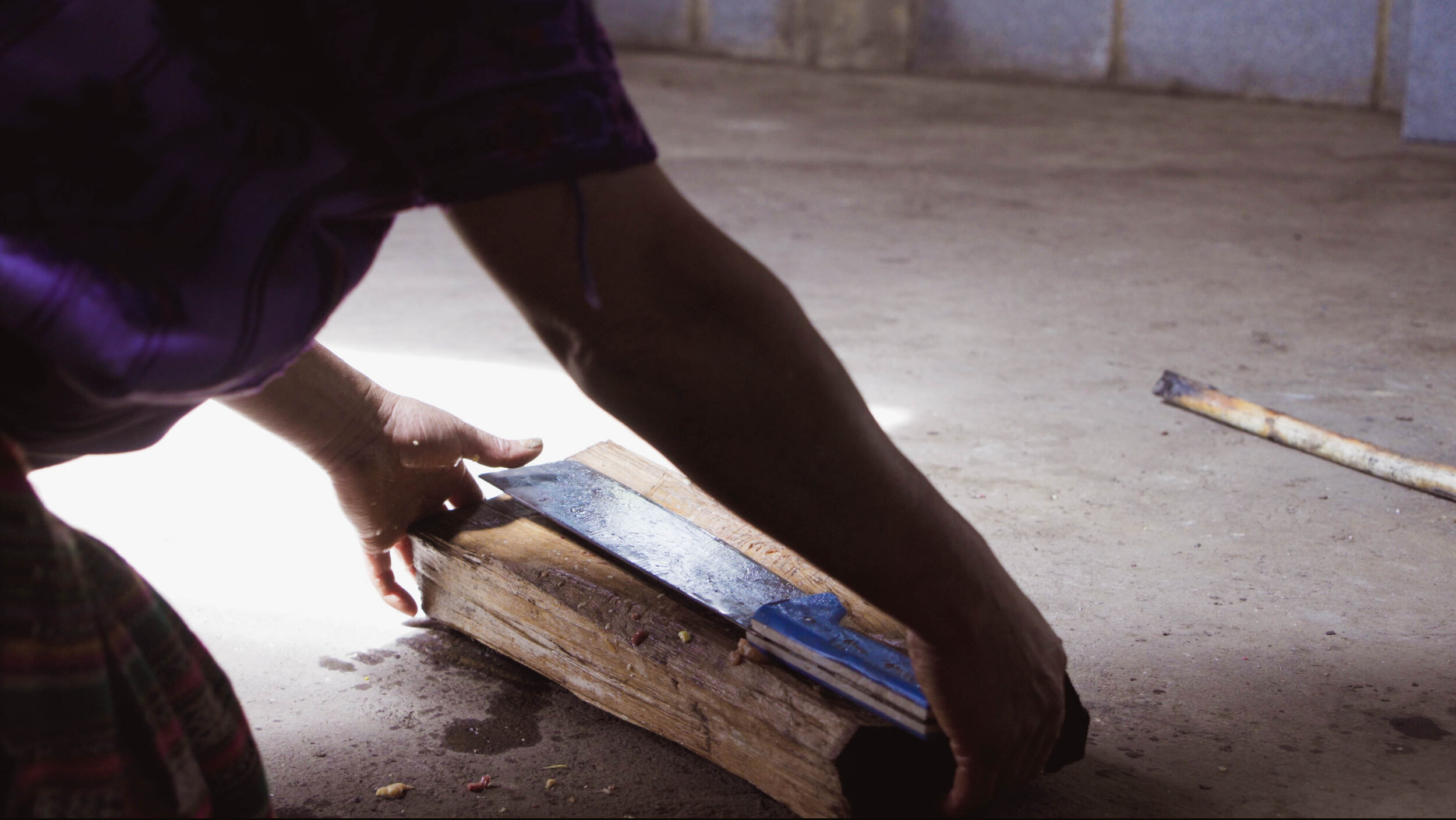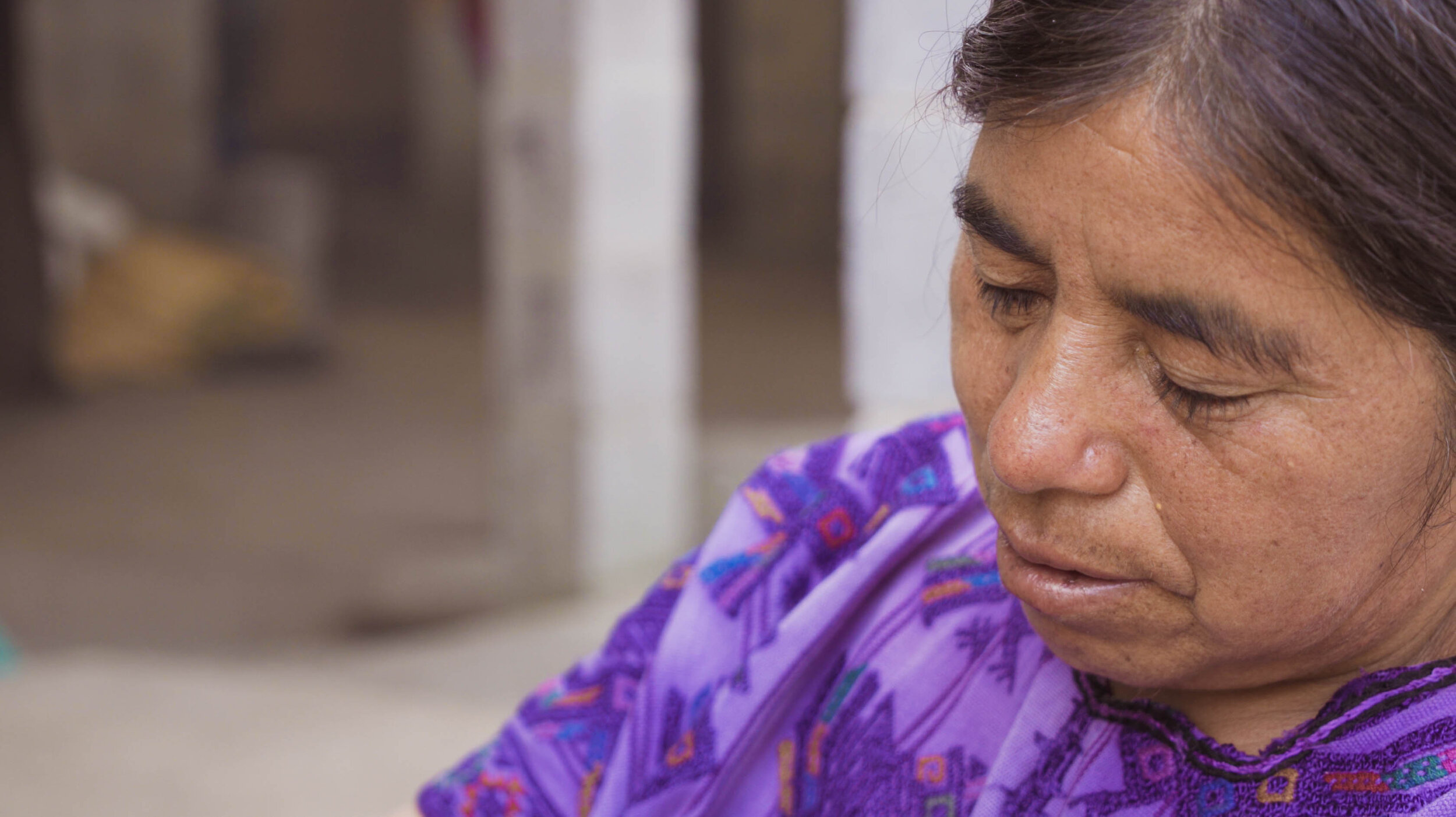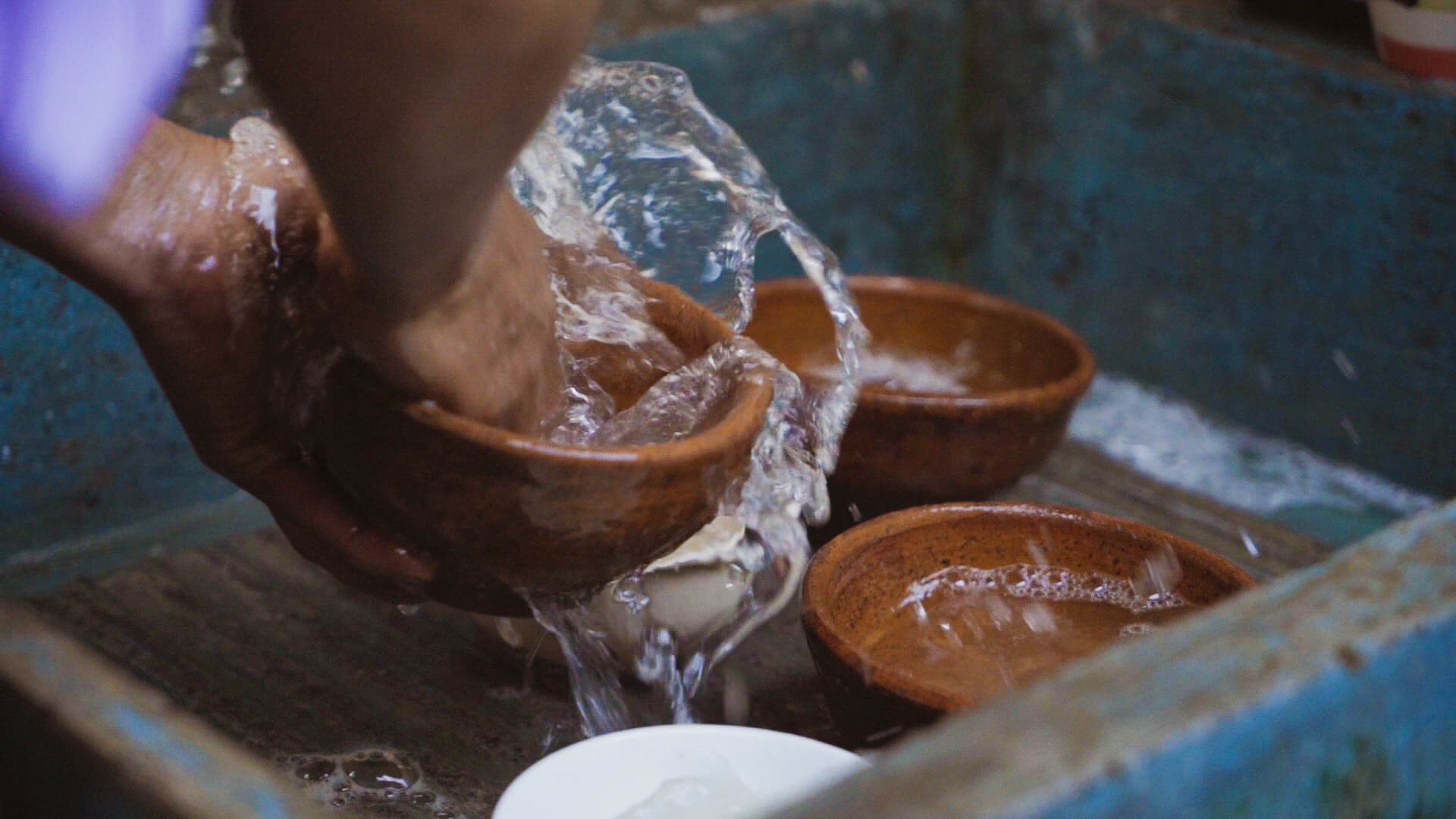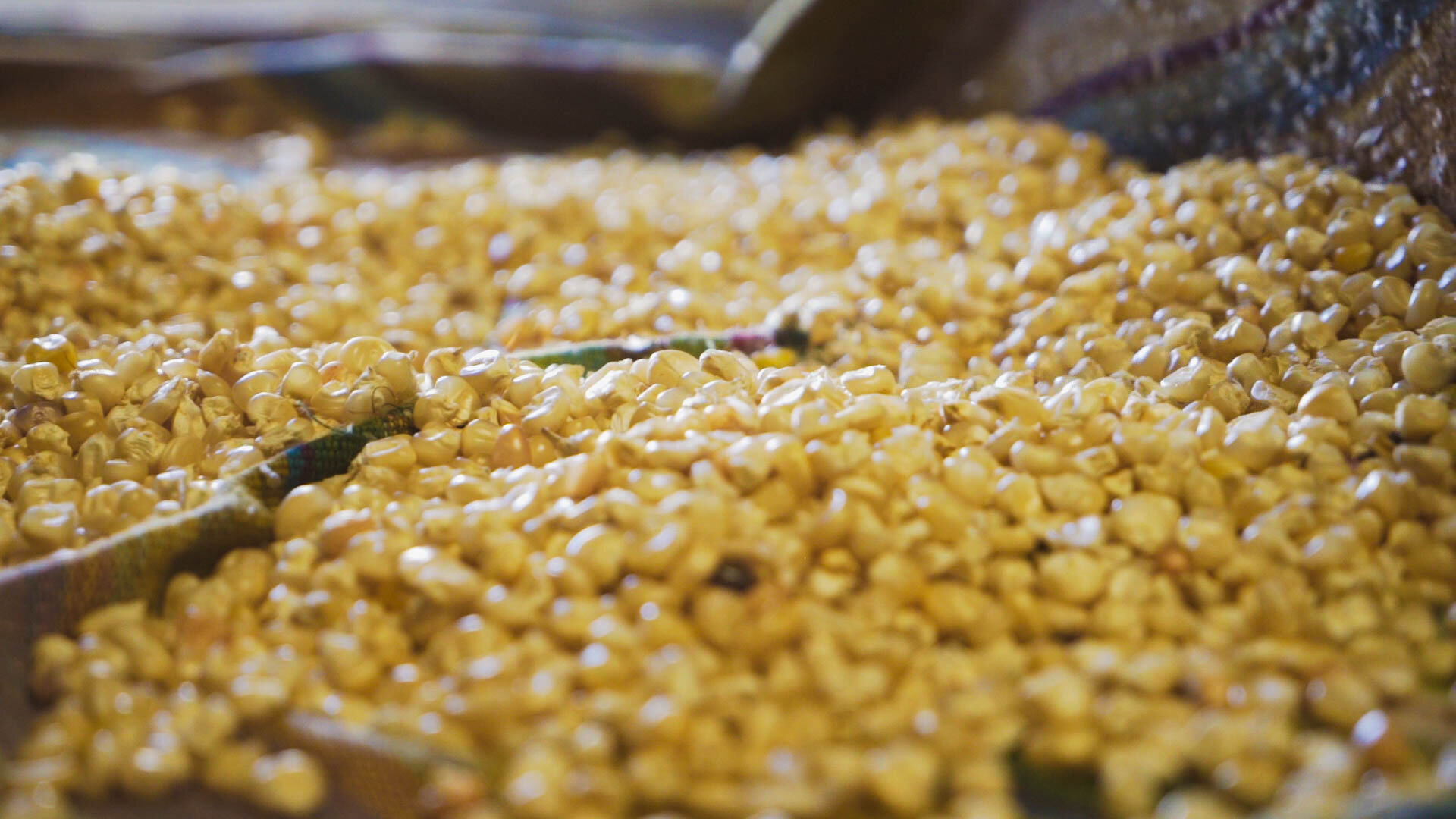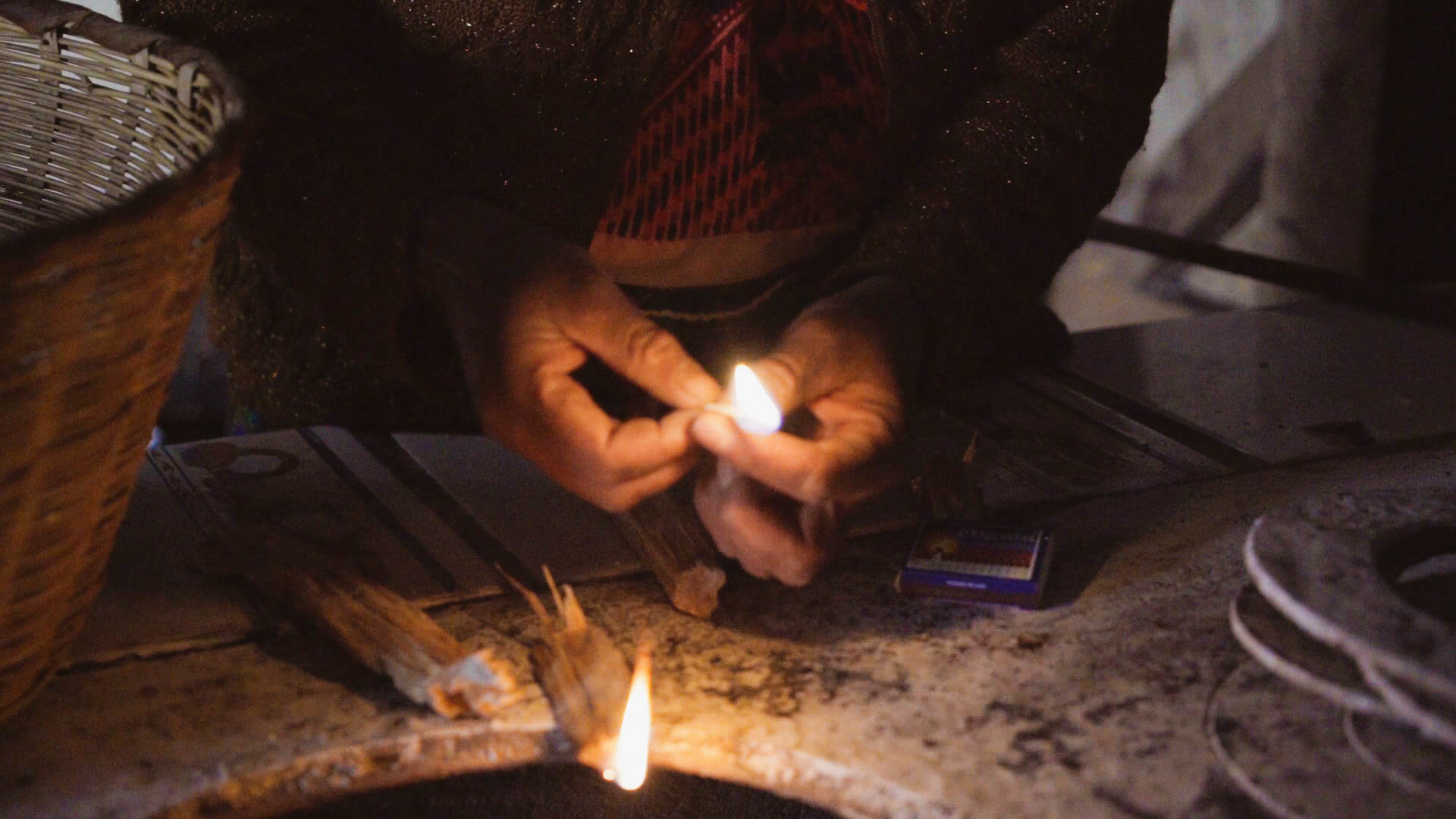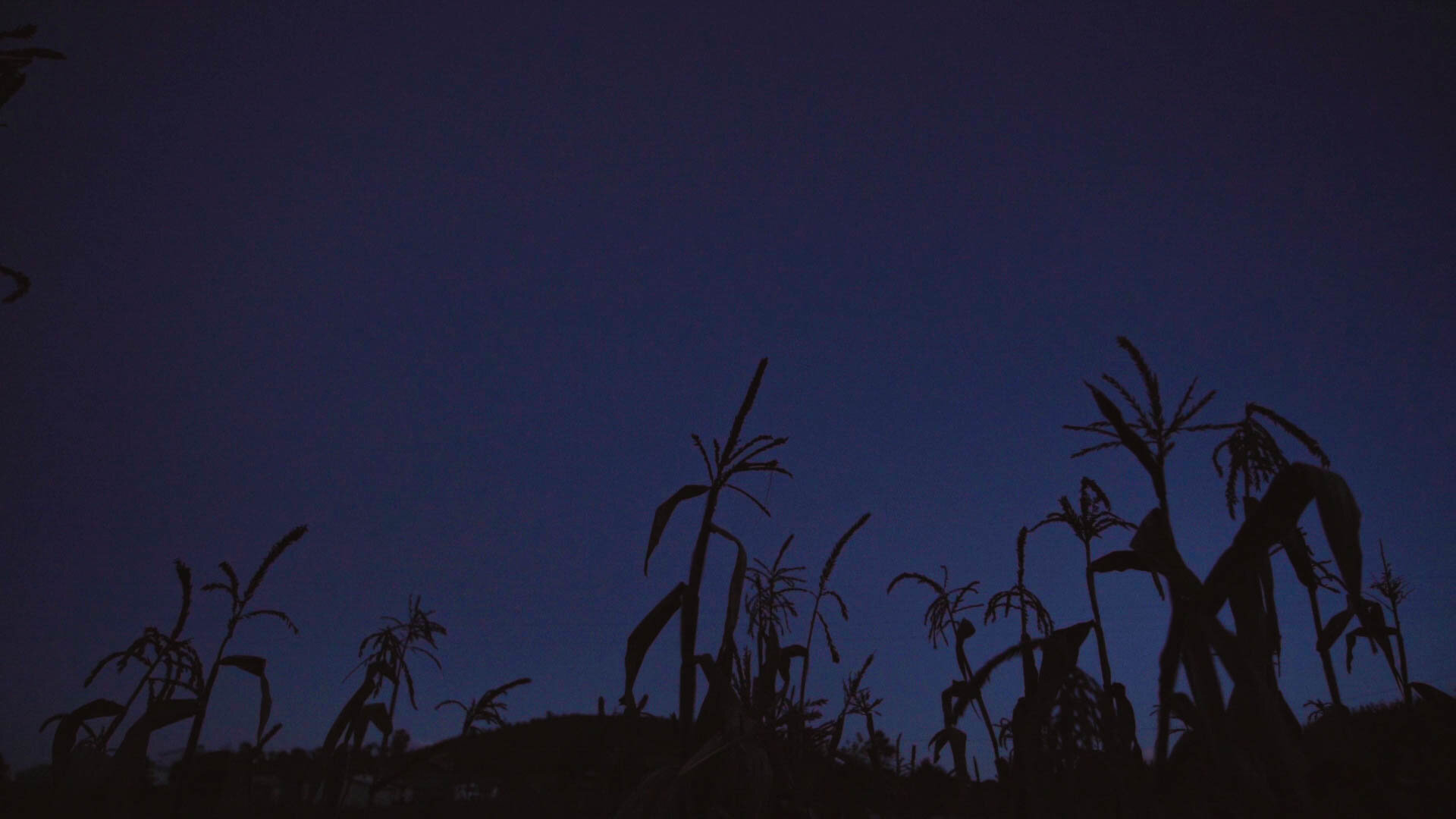DIRECTOR, DP, EDITOR: ANNA ANDERSEN EXECUTIVE PRODUCER: ANNA WALLER ANDRES
DIRECTOR’S STATEMENT
This is the beginning of the ancient traditions,
Of this place called Quiché.
Here we shall write.
We shall begin to tell the ancient stories
Of the beginning,
The origin
Of all that was done in
the citadel of Quiché,
among the people of the Quiché nation.
— Popul Vuh, Mayan creation text
The vision for Trajes y Tortillas sparked in November 2018 on a bus barreling up the mountain towards the highlands in rural Guatemala. My producer, Anna Andrés, and I knew we wanted to film a documentary about the lives of the Mayan women in the remote mountain villages nestled among the volcanoes and clouds. It was when we started reading Popol Vuh, the Mayan creation text, that we knew we’d found our story.
Popul Vuh tells the creation of humankind and the origin of the Quiché people. It the very core of their collective memory. That collective memory has been threatened: From 1960 until 1996 the Guatemalan government committed genocide against the Mayan peoples in an attempt to erase their language, culture, symbols, and way of life. To this day, the effects of that genocide can still be felt through chronic poverty, poor education, fewer job opportunities and the mass migration of young people moving to urban areas. We traveled to Santa Caterina Ixtahuacán to document the fight to keep Mayan culture alive.
We wanted to focus our narrative on the role of women, in order to highlight the ways in which Quiché women’s everyday lives constitute a collective effort to preserve their culture — an act of great resistance after the civil war. We followed women in the highlands for two weeks, and they allowed us into all aspects of their lives. We filmed them actively preserving the traditions of their ancestors through weaving (trajes), cooking (tortillas), and harvesting; meanwhile, we see these same resilient women grapple with the realities of the cultural chasm left behind by the violence and horror their communities experienced at the hands of the Guatemalan government.
However, this story is not as simple as Mayan women preserving tradition. Our aim is to highlight the complex nature of what it means to be Mayan and how by preserving their traditions they are also shackling themselves into preconceived notions of what it means to be ‘indigenous.’ Due to their heritage they are thrust into the bottom rung of society and have difficulty accessing healthcare, education, family planning, and economic equality. While their lives are visually stunning and their cultural and traditional preservation paramount it dually acts as an impediment to their own economic advancement and social equality.
We start the film with the excerpt from Popol Vuh as a testament to ancient tradition, and we close with the second half of the text to remind us that in spite of the atrocities inflicted upon the Maya of Santa Caterina Ixtahuacán they continue to fight for the survival of their history and traditions. Because of this, their way of life will live on.

